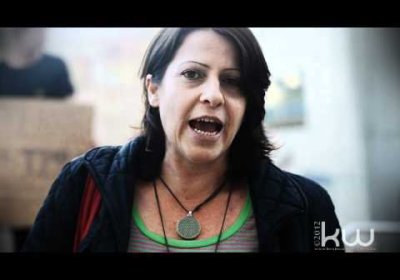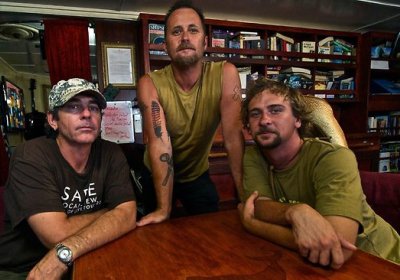Australia
Independent MPs Rob Oakeshott and Tony Windsor announced a plan in early February to convince the government to count native forest wood-fired power stations as a renewable energy source. Their plan would mean wood-fired power would qualify for renewable energy subsidies.
Below is an “open letter of concern” to Oakeshott from 16 Australian scientists about his support for “incentives for native forest biomass burning”.
* * *
Dear Mr Oakeshott,
The Australian mainstream media has been awfully quiet about the Trans Pacific Partnership Agreement (TPPA), of which round 11 is now underway in Australia at the Melbourne Convention Center over March 1 to 9. These talks are being held in secret.
Prime Minister Julia Gillard anointed former NSW premier Bob Carr as Australia's foreign minister on March 2. His appointment awaits the approval of a joint sitting of NSW parliament, but for all intents and purposes, Carr has just been catapulted to the third-highest political post in the land after being out of politics since 2005.
Perth-based women's health doctor Kamala Emanuel has hit out at the "dangerous implications" of a "foetal homicide" law proposed by the Western Australian state government.
The law if passed would, for the first time, recognise an "unborn baby" as a human life.
The stated intent of the law would be to be create legal sanctions against people who assault a pregnant woman.
People could face life imprisonment under these laws -- "the same as a murder charge" – if an "unborn baby" dies. The law would also apply in situations where a foetus was hurt due to negligent driving.
The South Australian government has produced an “anti-binge drinking” ad that targets young women. It features a young woman slumped in a dodgy club toilet while someone else points her finger accusingly.
The tagline reads: “Drink too much, you’re asking for trouble.”
Journalist Catherine Deveney described the ad on Twitter as amounting to government-funded “slut-shaming”.
Melbourne activists gathered at Federation Square in the city centre on February 28 to voice their support for the All India General Strike. As many as 100 million workers had walked off the job in India to protest against low wages and poor working conditions in what is most likely the largest ever strike in human history.
As the crowd unfurled banners and flags, visiting US activist-musician George Mann and friends played unionist songs. The music got the protesters in the mood to hear addresses from members of the various labour organisations.
There is a growing disconnect between the official rosy picture of the Australian economy and mounting public anxiety about job insecurity. The latest official unemployment rate (January 2012) was steady at 5.2% and Treasury secretary Martin Parkinson insists there is no reason to worry. Australians, he said, should shake off their misplaced “boom with gloom” attitude.
With international condemnation of Australia’s approach to asylum seekers and the intervention in the Northern Territory, Prime Minister Julia Gillard may not be well known for her support for human rights. Still she agreed to the Greens’ request for recognition of Indigenous peoples in the Australian constitution.
The House of Representatives narrowly passed changes on February 16 to the undemocratic building industry laws that target building workers.
The Building and Construction Industry Improvement Amendment (Transition to Fair Work) Bill, which will replace the Building Industry Improvement Act, was narrowly adopted by a margin of one vote. The bill is now before the Senate.
The Mark McGowan-led Western Australian ALP opposition has promised it will support the Colin Barnett government’s controversial anti-association laws. The laws were debated in parliament on February 28.
Barnett has said the law will “crack down on outlaw bikie gangs”. However, the words “bikie”, “motorcycle” or “gang” do not appear once in the bill.
How would you feel if you woke up to the breakfast radio news announcing that Green Left Weekly had just published its last issue?
The left in Spain had that experience on February 24, when we learned that this would be the last day the progressive daily Publico appeared on the country’s newsstands (the online version continues).
- Previous page
- Page 762
- Next page











